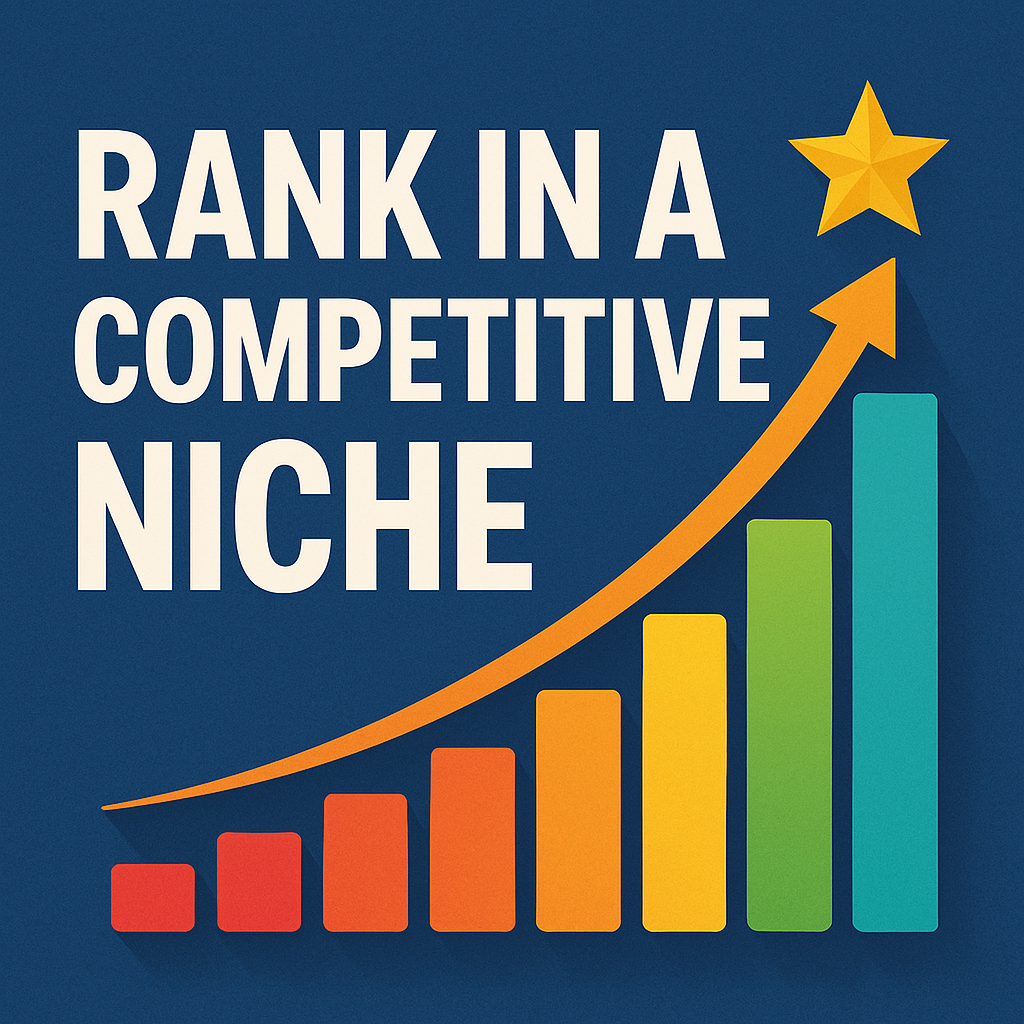Artificial Intelligence (AI) is reshaping industries worldwide, and healthcare is no exception. From automating administrative tasks to AI-driven diagnostics, generative AI is improving efficiency, accuracy, and patient outcomes. In Dubai, where technological advancements are a priority, businesses are exploring generative AI integration services in Dubai to enhance medical applications.
However, while AI in healthcare offers groundbreaking opportunities, it also presents significant risks, including data privacy concerns, ethical dilemmas, and regulatory challenges. This article explores both the advantages and potential drawbacks of using generative AI in healthcare and how businesses in Dubai can navigate these complexities.
Opportunities of Generative AI in Healthcare
Generative AI can revolutionize multiple aspects of healthcare, from patient care to drug discovery. Here’s how:
1. AI-Powered Medical Diagnostics
- Generative AI can analyze medical images (X-rays, MRIs, CT scans) to detect anomalies faster than human radiologists.
- AI-driven pattern recognition helps diagnose diseases like cancer, heart disease, and neurological disorders in their early stages.
- Companies using generative AI integration services in Dubai are already working on AI-powered diagnostic tools for hospitals and clinics.
2. Personalized Treatment Plans
- AI can analyze vast patient datasets to recommend customized treatment plans based on genetics, medical history, and lifestyle.
- AI-driven decision support systems assist doctors in prescribing the most effective medications for individual patients.
- This approach improves treatment accuracy and patient recovery rates.
3. AI in Drug Discovery & Development
- Traditional drug discovery takes years; AI speeds up the process by predicting how different compounds will react in the human body.
- Generative AI models simulate new drug molecules that could lead to breakthroughs in treating chronic diseases.
- Dubai’s pharma sector is investing in AI-driven research to develop next-gen medications faster and more efficiently.
4. Healthcare Automation & Administrative Efficiency
- Generative AI automates patient scheduling, medical billing, and record management, reducing administrative burdens.
- Chatbots and virtual assistants handle patient inquiries, appointment reminders, and symptom-based triage, freeing up healthcare staff for critical tasks.
- Dubai’s hospitals are already leveraging AI in healthcare to streamline patient management.
5. AI for Medical Training & Simulations
- AI-driven simulations create realistic training environments for medical students and professionals.
- Generative AI can develop virtual patient cases, allowing doctors to practice complex surgeries and diagnoses.
- Dubai’s medical institutions are adopting AI-based simulations to enhance medical education.
Risks & Challenges of Generative AI in Healthcare
While the benefits are compelling, integrating AI into healthcare also presents risks that must be carefully managed.
1. Data Privacy & Security Concerns
- Healthcare data is highly sensitive, and AI systems require vast amounts of patient information.
- Unauthorized access or data breaches can put patient privacy at risk.
- AI solutions must comply with UAE healthcare data protection laws to ensure confidentiality and security.
2. Ethical & Bias Issues in AI Diagnosis
- AI models are trained on existing datasets, which can introduce biases in diagnoses and treatment recommendations.
- Ethical concerns arise when AI misdiagnoses a patient, leading to incorrect treatments.
- Human oversight remains crucial to ensure AI-assisted decisions align with ethical medical practices.
3. Regulatory & Compliance Challenges
- The healthcare industry is highly regulated, and AI solutions must meet UAE medical compliance standards.
- AI-driven medical tools require extensive clinical validation before they can be used in real-world applications.
- Generative AI integration services in Dubai must align with government guidelines to ensure legal use in healthcare.
4. Dependence on AI vs. Human Expertise
- While AI improves accuracy, over-reliance on technology may reduce human expertise in diagnostics.
- AI systems should support, not replace, doctors and medical professionals in decision-making.
- A balance between AI automation and human judgment is necessary for patient safety.
5. Cost of AI Implementation in Healthcare
- AI development, integration, and maintenance involve significant financial investments.
- Small and mid-sized healthcare facilities may struggle to afford cutting-edge AI solutions.
- Cloud-based AI services and partnerships with AI providers in Dubai can help reduce costs.
Generative AI Integration Services in Dubai: The Future of AI in Healthcare
Dubai is positioning itself as a global AI hub, with major investments in smart healthcare solutions. Several AI startups and established tech companies in Dubai are offering AI-powered medical tools, telemedicine platforms, and patient management solutions.
Key Advancements in Dubai’s AI Healthcare Sector:
- Government-backed AI initiatives are driving AI adoption in hospitals.
- Healthcare providers are integrating AI-powered chatbots and diagnostics into patient care.
- UAE-based fintech and healthcare AI startups are developing secure payment and medical record solutions.
By leveraging generative AI integration services in Dubai, hospitals and healthcare startups can enhance efficiency, improve patient care, and ensure regulatory compliance.
Conclusion
Generative AI is reshaping healthcare in Dubai, offering advanced solutions for diagnostics, treatment planning, and automation. However, its adoption must be approached cautiously, considering privacy concerns, ethical dilemmas, and regulatory requirements.
For businesses looking to integrate AI-driven healthcare solutions, working with trusted generative AI integration services in Dubai is essential. As AI technology continues to evolve, striking a balance between innovation and responsible AI use will be the key to transforming healthcare for the better.
Frequently Asked Questions (FAQs)
1. How is AI used in healthcare?
AI in healthcare is used for diagnostics, treatment planning, drug discovery, medical automation, and patient management. It enhances efficiency, reduces human errors, and improves patient outcomes.
2. What are the risks of using generative AI in healthcare?
The main risks include data privacy issues, algorithm bias, ethical concerns, regulatory challenges, and over-reliance on AI over human expertise.
3. How secure is AI-driven healthcare data?
AI-driven healthcare solutions must comply with strict security standards, including end-to-end encryption, access control, and compliance with UAE healthcare regulations to protect patient data.
4. What role does Dubai play in AI healthcare innovation?
Dubai is at the forefront of AI adoption, with government-backed initiatives, AI-powered hospitals, and fintech-driven healthcare solutions improving medical services across the UAE.
5. How can businesses integrate AI into healthcare services in Dubai?
Businesses can work with AI development firms specializing in healthcare applications to implement AI-powered diagnostics, chatbots, automation tools, and data-driven patient management systems.



